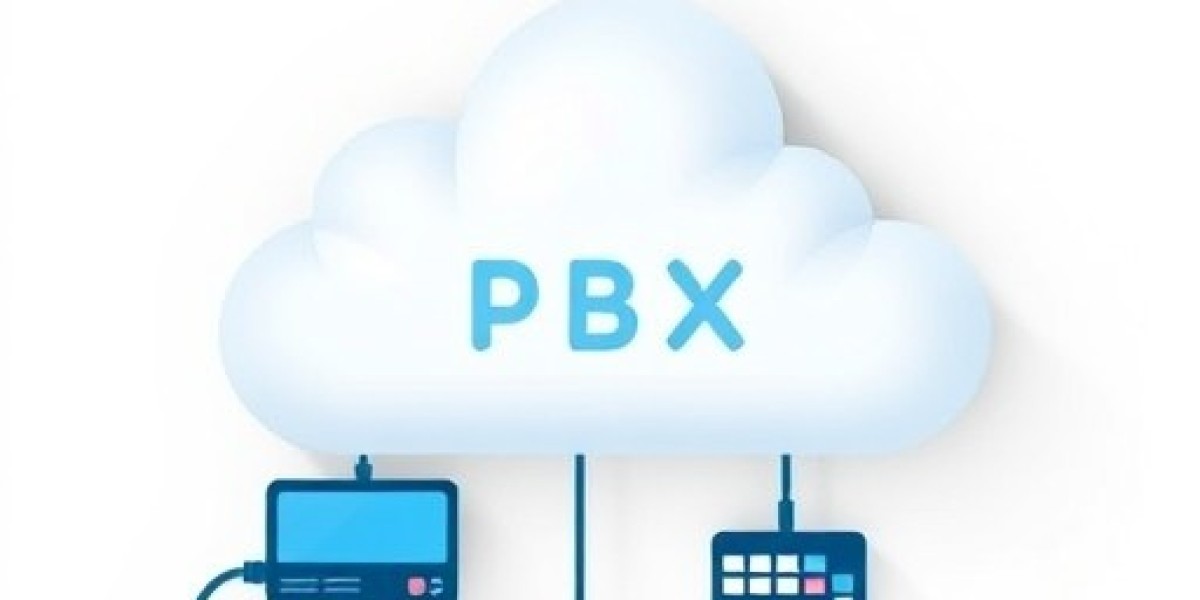Cloud PBX, or Cloud-based Private Branch Exchange, represents a significant evolution in business communication technology. This system operates entirely over the internet, providing a flexible and cost-effective alternative to traditional on-premises PBX systems. In this article, we will explore the fundamental aspects of Cloud PBX, its advantages, and how it differs from traditional PBX systems through a series of insightful questions.
What is Cloud PBX and How Does It Function?
Cloud PBX is a communication system that handles all incoming calls via the internet, automatically routing them to the appropriate extensions or departments. Unlike traditional PBX systems, which require substantial physical infrastructure and on-site equipment, Cloud PBX is hosted in secure data centers. This allows businesses to benefit from advanced features without the need for extensive hardware investments. The operational efficiency of Cloud PBX is enhanced by technologies such as Voice over Internet Protocol (VoIP), enabling seamless communication across various devices.For more detailed insights on Cloud PBX and its functionalities, check out this resource: Vitel Global's Cloud PBX Phone System.What Are the Primary Benefits of Using Cloud PBX?
The transition to Cloud PBX offers numerous benefits for businesses:- Cost Efficiency: By eliminating the need for expensive hardware and extensive installation processes, Cloud PBX significantly reduces initial setup costs. Businesses can allocate their resources more effectively.
- Scalability: Cloud PBX systems allow companies to easily scale their communication capabilities up or down based on their needs. Adding new lines or extensions can be done quickly through a web interface.
- Flexibility: Employees can access the system from anywhere with an internet connection, facilitating remote work and enhancing productivity. This flexibility is crucial in today’s dynamic work environments.
- Advanced Features: Cloud PBX often comes equipped with features such as call forwarding, voicemail-to-email, conferencing capabilities, and more, which may require additional investments in traditional systems.
- Enhanced Security: With built-in encryption protocols like TLS/SRTP and compliance with regulatory standards, Cloud PBX providers ensure that communications are secure and reliable.
How Does Scalability of Cloud PBX Compare to Traditional On-Premises Systems?
One of the most notable differences between Cloud PBX and traditional PBX systems is scalability.- Cloud PBX: Businesses can rapidly adjust their service levels to match current demands. For instance, during periods of growth or seasonal spikes in activity, adding new users or features can be accomplished with just a few clicks.
- Traditional PBX: Scaling often involves significant logistical challenges. It typically requires purchasing additional hardware and potentially undergoing complex installation processes that can disrupt daily operations.
What Are the Security Implications of Using Cloud PBX Versus Traditional Systems?
Security is a critical consideration when evaluating communication systems:- Cloud PBX Security: While some may worry about data security in cloud environments, reputable providers implement robust security measures including data encryption, regular security audits, and compliance with industry standards. This ensures that sensitive information remains protected against unauthorized access.
- Traditional PBX Security: Traditional systems provide businesses with direct control over their security measures since they are managed on-site. However, this also means that companies bear the full responsibility for maintaining security protocols and addressing vulnerabilities.
In What Ways Do Maintenance and Support Differ Between Cloud PBX and Traditional Systems?
Maintenance and support are crucial aspects of any communication system:- Cloud PBX Maintenance: The responsibility for maintenance largely falls on the service provider. This means that updates, troubleshooting, and technical support are handled remotely without requiring any on-site intervention. This leads to reduced downtime and ensures that businesses always have access to the latest features.
- Traditional PBX Maintenance: On-premises systems often require dedicated IT staff to manage maintenance tasks. This can lead to increased operational costs and potential delays in resolving issues due to the need for physical presence at the location.



